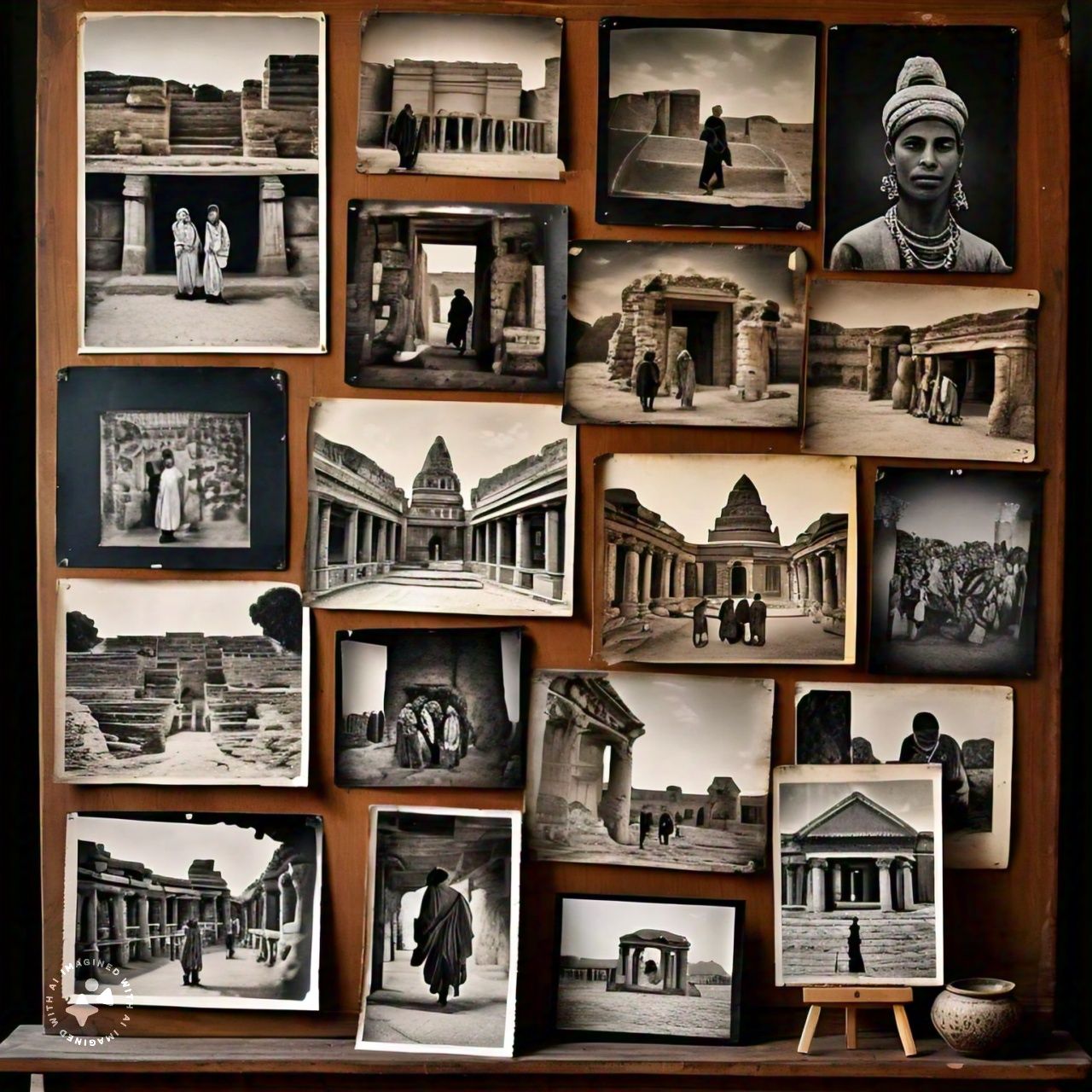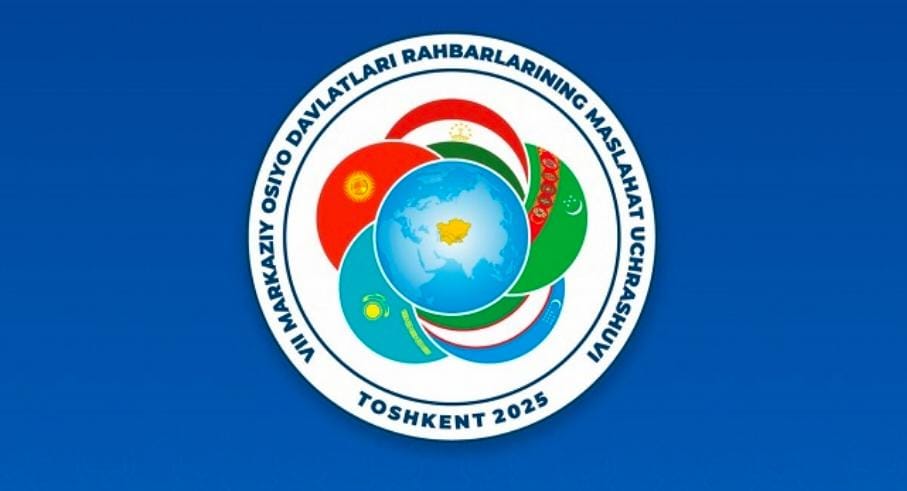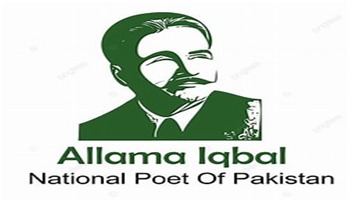Starvation as a Weapon: The Gaza Hunger Crisis and the Silence of the World
By Zohaib saleem
A terrifying, quiet tragedy is unfolding in Gaza. While the world has focused on the very visible violence of bombs and bullets, a far more sinister and invisible weapon is being used: starvation. This isn’t just a sad side effect of war; it’s a deliberate policy of denying food, water, and medicine to an entire population. The world’s silence in the face of this man-made hunger crisis isn’t just a political failure it’s a deep moral collapse that signals a new and chilling low in modern conflict.
The use of starvation as a weapon is a clear crime under international humanitarian law, yet it’s happening right in front of us. The purposeful blocking of humanitarian aid, the attacks on aid convoys and workers, and the destruction of essential services like bakeries and water plants are not random acts of war. They are part of a calculated plan to dismantle the very systems people need to survive. This has turned a warzone into a death trap where the most vulnerable children, the elderly, and the sick are suffering the most. The famine in Gaza isn’t a natural disaster; it’s a man-made catastrophe, officially recognized by UN agencies and other international bodies. The heartbreaking images of emaciated children and infants dying from dehydration and malnutrition serve as a stark indictment of this brutal strategy.
Some may argue that this crisis is a complex issue, pointing to claims that Hamas has stolen or hoarded aid. While it’s important to understand all sides of the conflict, these claims cannot excuse the widespread and indiscriminate denial of humanitarian aid to a civilian population. The scale of the hunger crisis is far too vast to be attributed to the actions of a single group. The reality on the ground, documented by countless aid organizations, is one of systemic blockades and restrictions imposed by the occupying power. This humanitarian disaster is a direct result of these policies, not merely a side effect of the war.
The world’s response has been woefully inadequate. Despite overwhelming evidence of a coming famine, the global reaction has been limited to worried statements and symbolic aid pledges. This inaction sets a dangerous precedent, effectively signaling that the use of starvation as a tool of war is acceptable. This sends a chilling message to other actors in future conflicts. The world has watched as a population is slowly starved, and its silence tells the people of Gaza that their suffering is acceptable and their lives are disposable. This moral indifference is a betrayal of the basic principles of human dignity and international law we claim to uphold. The inaction of powerful nations and international bodies sends a clear message: some lives matter less than others.
The time for empty words is over. Policymakers and international organizations must stop talking and start acting. The first and most critical step is to enforce a permanent and immediate ceasefire to allow a huge amount of humanitarian aid to be delivered safely. Governments must put pressure on all parties in the conflict, especially the Israeli government, to lift all blockades and let aid flow freely and without conditions through every possible entry point. The world must not only provide food but also ensure that the infrastructure needed to sustain a population water, electricity, and medical facilities is restored and protected.
Furthermore, international organizations like the UN and the International Criminal Court must launch immediate and thorough investigations into the use of starvation as a weapon, holding those responsible accountable for these potential war crimes. This is not just about giving food; it’s about standing up for the core principles of human rights and human dignity. The world cannot afford to look away or stay silent, because to do so is to become complicit in this moral crime. The fate of Gaza’s starving population is a litmus test for our shared humanity. If we fail this test, we risk normalizing a new form of warfare, one where human suffering is a deliberate weapon, and the world’s conscience is the first thing to be destroyed. This crisis demands an immediate, decisive, and unified response. It’s time for the world to break its silence and act before it’s too late.
The global community has a moral and legal obligation to intervene. As we’ve seen in other conflicts, the failure to address such grave violations of international law emboldens others to commit similar atrocities. This isn’t just a regional issue; it’s a global one. The principles of humanity are on trial in Gaza. The precedent being set could have lasting consequences far beyond the borders of the Middle East, potentially leading to a future where the starvation of civilians is a more accepted tactic of war. We must ensure that history does not look back at this moment and see us as passive observers. Every day of delay means more lives are lost, more children starve, and the moral fabric of our international order frays a little more. The world must demand accountability and action, not just sympathy. The humanitarian catastrophe in Gaza is a stain on all of us who have the power to speak out and choose not to.



